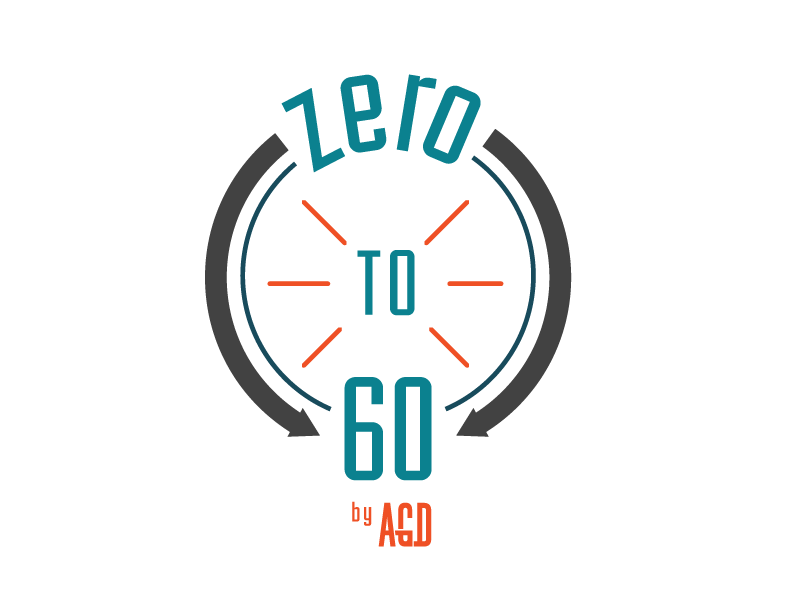If you ever feel like you are in a creative slump or experiencing some hefty songwriter’s block, it might be time to schedule a co-write! Co-writing is a fantastic way to pitch song ideas and create new music with other people, as well as help build and maintain your network and learn from songwriters like yourself.
The opportunities that exist with co-writing are plentiful, but co-writing also comes with its own set of challenges. Even the most seasoned songwriters will tell you that not every co-writing session is a seamless creation of a hit song. Fear not, here are seven tips and tricks to know before going into your next co-writing session!
1. Be Vulnerable
It can be intimidating going into a co-writing session with somebody that you have never written with before; sometimes you may not even know the other writer at all. It is completely normal to be nervous, especially if you land a co-writing session with a well-known songwriter.
There are many different ways to get over these nerves, and often it just comes with time and experience. However, it is important to be vulnerable when creating any form of art, especially if you want the art to be truly authentic. This can be difficult when collaborating with other artists, but you may find that the sooner you open up and allow yourself to be vulnerable during the writing session, the quicker the nerves that you had before turn into excitement and creative energy.
Kara Frazier, a songwriter on Another Great Day Entertainment’s writing team, considers vulnerability to be essential in co-writing. Furthermore, being vulnerable allows for each of the writers to trust each other, another key to a successful song.
“Trust your instinct and your co-writer’s instinct during a write. Come with you vulnerability high and you guard low”
2. Co-Write With Somebody New
Great songwriters come in all shapes and sizes, which makes for a fantastic opportunity to explore and grow beyond your comfort zone! If you tend to write music in the country vein, try writing a song with an R&B writer. If you are into pop music, maybe link up with some writers in the rock scene. Not only is this a great way to challenge yourself and your own writing style, it is also an opportunity to explore what goes on outside of your own writing realm.
Think of it as visiting a new country: you may not ever want to live there, but it is almost always worth the visit and new perspective that comes with it. Venture out and explore different writing styles and genres; if it ends up not complimenting your own art it will at the very least sharpen your own writing style.
3. Eliminate Distractions
Let’s face it, we live in a society where nearly everything begs for our attention. While distractions are sometimes helpful for a creative mind, they should be controlled and not allowed to derail a co-writing session. Many songwriters can feel frustrated when the time that they dedicate to a co-writing session is not being respected.
There are several ways to combat these unnecessary distractions. One recommendation is to avoid writing somewhere that you spend a great deal of your time, unless it is a space you have specifically for writing songs. Familiar environments tend to facilitate distractions, especially if these are environments are prone to interruptions. Another idea is to simply turn your phone off or set a timer to occasionally take a break and check your phone.
4. Bring Some Bad Ideas
Everybody has their best ideas, their “babies” if you will, but often a co-writing session is not a good place to bring your babies. If you have a clear vision on a song, then it might be best to keep that song for yourself; bringing up the idea in a co-writing session could lead to a very different song than what you had in mind, and while it will sometimes be better than your “baby,” you probably will not feel as satisfied owning a fraction of the new song.
Co-writing sessions are a great opportunity to turn your “bad ideas” into something beautiful. While your dead end ideas may seem hopeless to you, a new perspective could take your bad ideas in a whole new direction. After all, you don’t have much to lose by putting one of your bad ideas on the table, but you do have much more to gain.
5. Not Everyone Is Compatible
Different people have different aesthetics, and on your songwriting journey you will find that a lot of these people have styles that do not compliment your own. Sometimes, songwriters will find the Simon to their Garfunkel, but along the way you will have to sift through many other songwriters. It’s kind of like dating.
The biggest thing to remember here is to be honest. Just because two songwriters are not compatible does not make them any less of a songwriter. If you are in a co-writing session and do not feel like things are going well, be honest and respectful about it!
6. Come Prepared
Communication is key. Make sure that you and your fellow co-writers are on the same page as to when and where you will write, how long you will write for, and any other details on what you will be trying to accomplish during that session. This will help your session go smoothly as well as build yourself a reputation of being well-organized and pleasant to write with!
If you and your co-writers have any ideas on what you might want to write about, go ahead and communicate those early on as well! Having ideas bounce around in your head prior to your session can really boost productivity when you get down to writing.
7. Discuss Percentages
Always be explicit on how the song gets diced up. Generally, the song is split evenly between the writers involved. If you write with one other person, be sure that you both understand that the song is split 50/50, and in the case of an uneven split ensure that both of you have an understanding of what that split is.
Moving forward, be sure to list all of the writers and their shares when conducting business with the song, whether its recording the song, registering the song with your PRO, or pitching the song to a publisher. Additionally, it is also helpful and courteous to communicate any further business conducted with the song, especially if an artist or publisher asks that the song be put on hold!
Balancing Art & Industry Newsletter
Receive weekly updates on the Balancing Art & Industry blog



